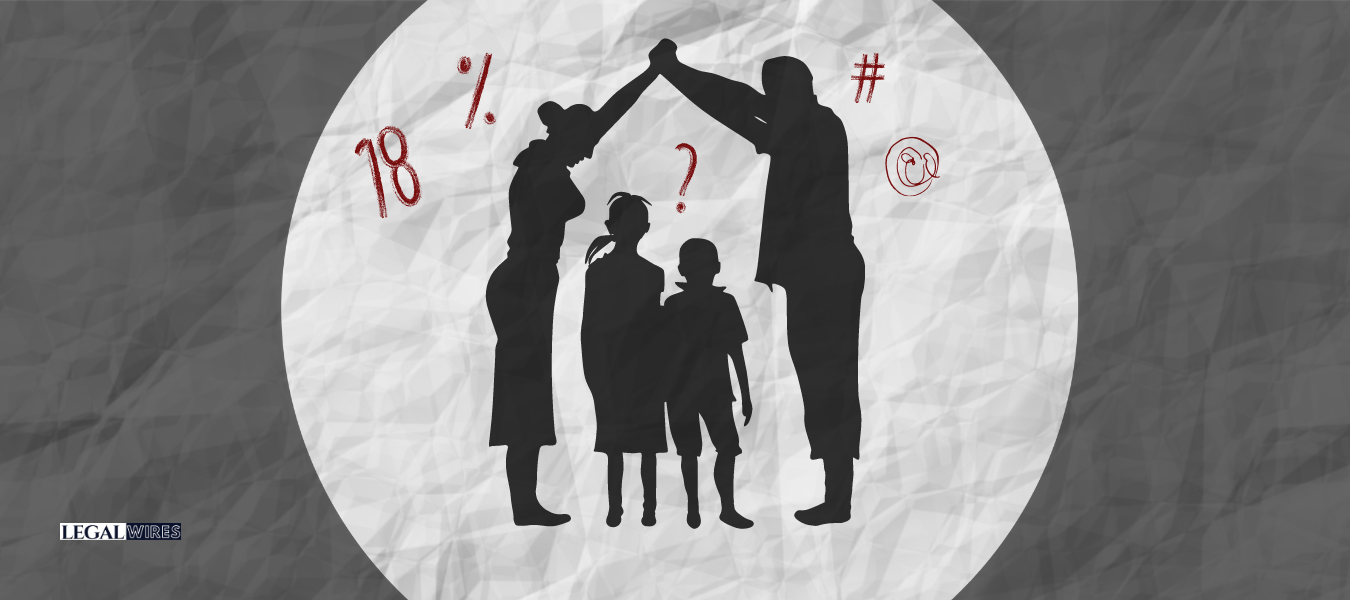At the same time, she also filed an application under Section 125 of Code of Criminal Procedure (hereinafter referred to as Code).

Hallucination-resistant legal AI (context engineered)
Citation: AIR 2000 SC 1398
Date of Judgement: 28th March, 2000
Bench: J. D.P. Wadhwa, J. M.B. Shah
Facts:
- An appeal was filed by a wife whose marriage with the respondent was dissolved on the ground of cruelty to enhance the maintenance for two minor children from the date of the application filed under Section 26 of Hindu Marriage Act, 1955 in the Family Court, Jaipur.
- Wife filed petition for dissolution of marriage on May 21, 1990, wherein she prayed for return of ‘streedhan’ custody and guardianship of the children and also for their maintenance. At the same time, she also filed an application under Section 125 of Code of Criminal Procedure (hereinafter referred to as Code).
- On August 2, 1991, wife filed a petition under Section 26 of HMA in the Family Court claiming maintenance of Rs. 2500 per month for both the children, Rs. 1585 as admission fee in schools for the children and Rs. 5,000 as litigation expenses. Family Court by the order dated April 7, 1992 granted maintenance under Section 125 of the Code of Rs. 250 per month for each child, further sum of Rs. 250 per month for each child as interim maintenance under Section 26 of the Act.
- On October 27, 1995 wife filed another application under Section 26 of HMA wherein she claimed Rs. 2000 per month for each child, due to increase in the salary of respondent-husband. On August 26, 1997 yet another application was filed, now she wanted Rs. 3,500 per month maintenance for the elder child and Rs. 3,000 per month for the younger child.
- On October 4, 1997 Family Court granted decree of divorce in favour of the wife. It was also ordered that both the children should be in the custody of the mother, and maintenance for each of the child was awarded Rs. 500 per month from October 4, 1997. A sum of Rs. 1,000 was awarded as cost of the litigation to the wife.
- Wife took the matter to the High Court seeking enhanced amount of maintenance of the children. High Court enhanced maintenance of the children from Rs. 500 per month to Rs. 1,000 per month effective from the date of the order of the Family Court dated October 4, 1997 and awarded Rs. 500 per month for each child from the date of the application.
- Wife felt aggrieved and sought leave to appeal to Supreme Court under Article 136 of the Constitution, which was granted. By an interim order it was directed by the Court that by way of interim relief maintenance for each of the child be paid Rs. 1,500 per month by the respondent-husband.
Key Law Points Established in the case:
- Which is appropriate court to file petition for enhancement of maintenance under Section 26 of HMA?
Family Court.
The Court after perusing the provision of Section 26 of HMA was of view that this application cannot be allowed at this stage. “If circumstances have changed for enhancement of maintenance appellant can approach the Family Court again as an order under Section 26 of HMA is never final and decree passed there under is always subject to modification.”
- Who is liable for maintenance of the child?
Both the parents are liable.
Maintenance has not been defined in the Act or between the parents whose duty it is to maintain the children. To understand the meaning of ‘maintenance’ the Court refers to the Section 3(b), 3(c), Section 18 and Section 20 of Hindu Adoption and Maintenance Act, 1955. Section 20 provides for maintenance of children and aged parents. Under this Section a Hindu is bound, during his or her life time, to maintain his or her children. A minor child so long as he is minor can claim maintenance from his or her father or mother. The Court said in para 11, “Under this Section it is as much the obligation of the father to maintain a minor child as that of the mother. It is not the law that how affluent mother maybe it is the obligation only of the father to maintain the minor.”
In the present case both the parents are employed. Wife is also obliged to contribute in the maintenance of the children. Considering the overall picture in the present case Court was of the view that a sum of Rs. 3,000 per month for each of the child would be sufficient to maintain him, which shall be borne by both the parents in the proportion of 2:1.
Judgement:
The Court ordered the respondent to pay Rs. 500 per month for each of the child from the date of the application, i.e., August 2, 1991 and Rs. 1,000 per month from the date of the second application, which is October 27, 1995 and Rs. 1,500 per month from the date of the third application, which is August 26, 1997. These amounts shall be apart from the amount which the respondent has already been paying to the children Rs. 250 per month under Section 125 of the Code.


